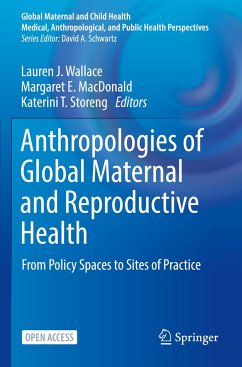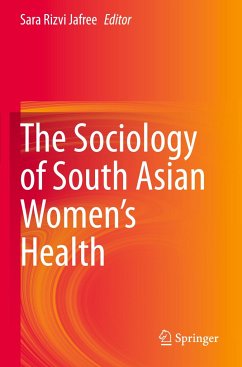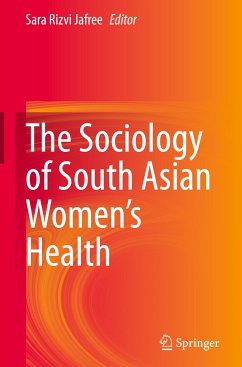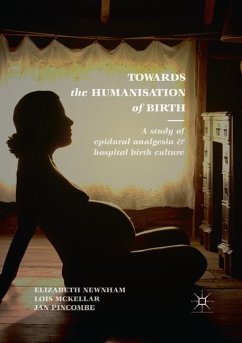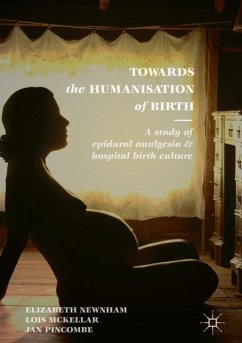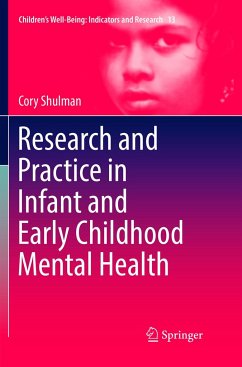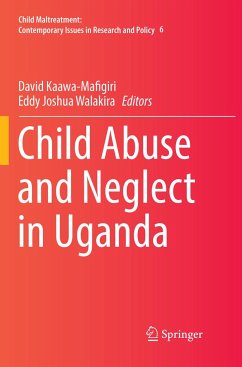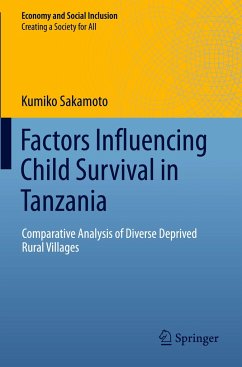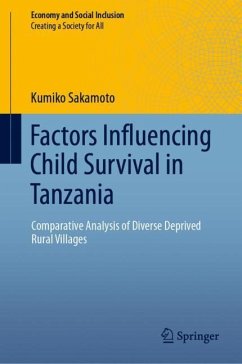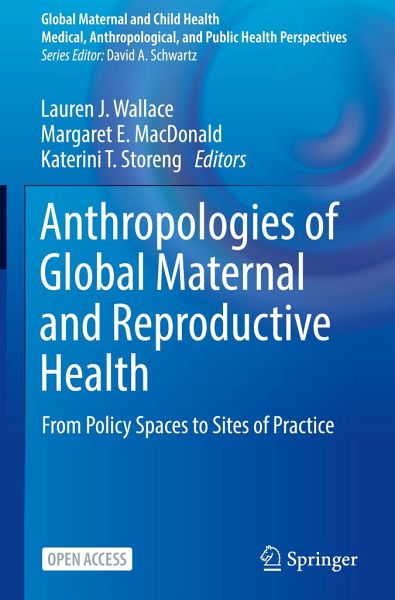
Anthropologies of Global Maternal and Reproductive Health
From Policy Spaces to Sites of Practice
Herausgegeben: Wallace, Lauren J.; MacDonald, Margaret E.; Storeng, Katerini T.
Versandkostenfrei!
Versandfertig in 6-10 Tagen
38,99 €
inkl. MwSt.

PAYBACK Punkte
19 °P sammeln!
This open access edited book brings together new research on the mechanisms by which maternal and reproductive health policies are formed and implemented in diverse locales around the world, from global policy spaces to sites of practice. The authors - both internationally respected anthropologists and new voices - demonstrate the value of ethnography and the utility of reproduction as a lens through which to generate rich insights into professionals' and lay people's intimate encounters with policy.Authors look closely at core policy debates in the history of global maternal health across six...
This open access edited book brings together new research on the mechanisms by which maternal and reproductive health policies are formed and implemented in diverse locales around the world, from global policy spaces to sites of practice. The authors - both internationally respected anthropologists and new voices - demonstrate the value of ethnography and the utility of reproduction as a lens through which to generate rich insights into professionals' and lay people's intimate encounters with policy.
Authors look closely at core policy debates in the history of global maternal health across six different continents, including:
Women's use of misoprostol for abortion in Burkina FasoThe place of traditional birth attendants in global maternal healthDonor-driven maternal health programs in TanzaniaEfforts to integrate qualitative evidence in WHO maternal and child health policy-making
Anthropologies of Global Maternal and Reproductive Health will engage readers interested in critical conversations about global health policy today. The broad range of foci makes it a valuable resource for teaching in medical anthropology, anthropology of reproduction, and interdisciplinary global health programs. The book will also find readership amongst critical public health scholars, health policy and systems researchers, and global public health practitioners.
Authors look closely at core policy debates in the history of global maternal health across six different continents, including:
Women's use of misoprostol for abortion in Burkina FasoThe place of traditional birth attendants in global maternal healthDonor-driven maternal health programs in TanzaniaEfforts to integrate qualitative evidence in WHO maternal and child health policy-making
Anthropologies of Global Maternal and Reproductive Health will engage readers interested in critical conversations about global health policy today. The broad range of foci makes it a valuable resource for teaching in medical anthropology, anthropology of reproduction, and interdisciplinary global health programs. The book will also find readership amongst critical public health scholars, health policy and systems researchers, and global public health practitioners.



